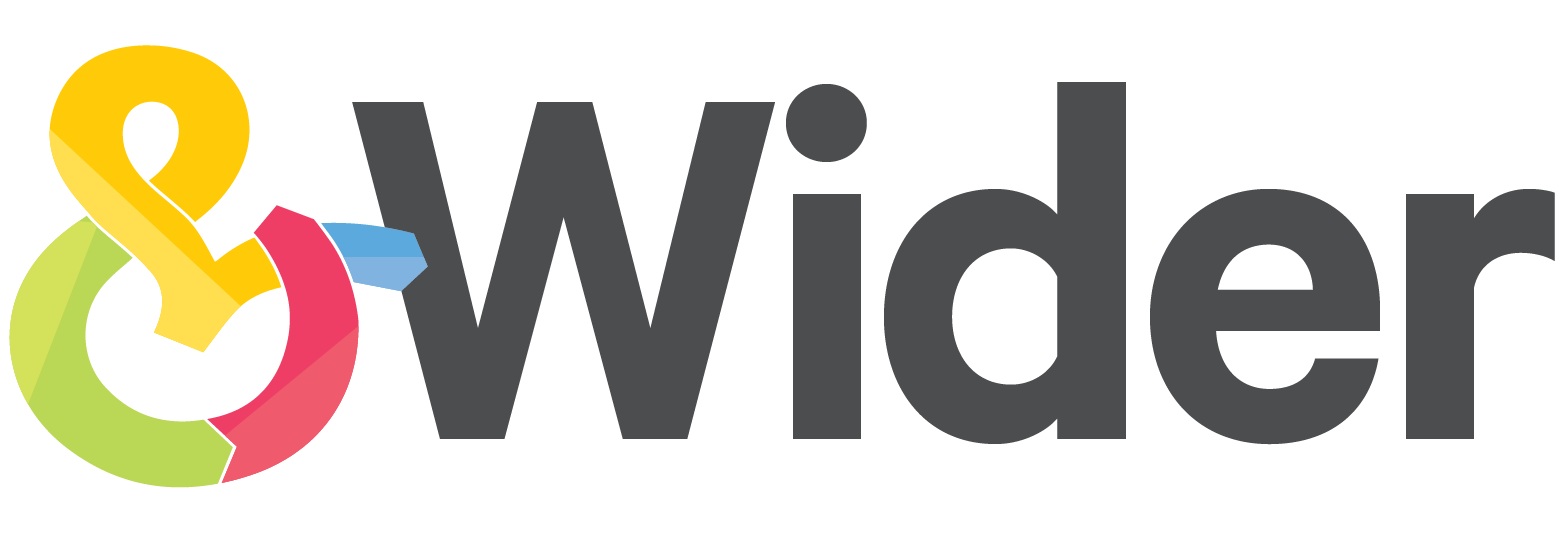5 questions to gauge your human rights due diligence progress
The EU Corporate Sustainability Due Diligence Directive has hit a roadblock, but that doesn't mean we hit the brakes on getting ready for human rights due diligence. The call for action is stronger than ever, so here's why your brand needs to prioritise human rights due diligence, regardless of the directive's status.
Key Considerations for Human Rights Due Diligence Progress
The journey toward ethical business practices remains unchanged. Waiting for the directive to resume could mean playing catch-up later, and potentially increasing your exposure to commercial risks. Savvy companies are seizing the moment to shape their human rights due diligence strategy and explore stakeholder engagement tools. This ensures that when the directive kicks back in, they're already leading the race.
Human rights due diligence isn't just about ticking boxes; it's about instilling a culture of regular monitoring and addressing of human rights impacts along supply chains. Here are a few questions to gauge your progress:
Is there a clear understanding among decision-makers, procurement, and supply chain teams about the reporting requirements for impacts on people and/or the environment along your supply chain (per CSRD in the EU or UFLPA in the US)?
How robust is your approach to collecting evidence of your impacts on people and environment along your supply chain, in order to be ready for reporting?
Do you anticipate needing assistance in meeting these new requirements and gathering evidence of impacts?
Have you shopped around for support and tools to help you gather this evidence and report on your impacts?
Have you secured a new budget, or adjusted your existing budget to meet these new needs?
Human rights due diligence [is] about instilling a culture of regular monitoring and addressing of human rights impacts along supply chains
By prioritising human rights due diligence today, you are not only positioning yourself to be able to meet non-financial reporting requirements (especially in the EU), but you are also protecting your company from significant commercial risks posed by invisible adverse human rights and environmental impacts. These include:
Unforeseen disruptions to supply
Time and resources needed for multiple teams to address a human rights crisis in the supply chain
Costs associated with supplier switching when a resolution is not found
Reputational damage and internal loss of leverage for sustainability and human rights teams
Risk of a viral social media campaign against your brand
A subsequent drop in demand and market share on the back of a media scandal.
It is not only ethical and compliant, but also makes good business sense to kickstart the necessary preparations for sustainability reporting and human rights due diligence. Schedule a free consultation with us today, and we can help you get human rights due diligence ready.

